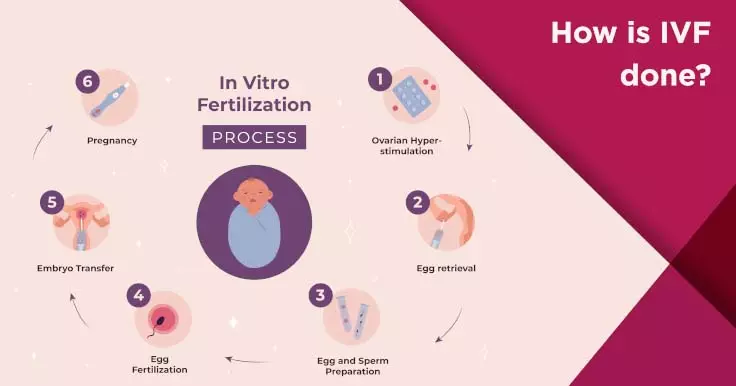In vitro fertilization (IVF) is a revolutionary reproductive technology that has brought hope to millions of couples struggling with infertility worldwide. While In vitro fertilization (IVF) offers a beacon of possibility, it's essential to acknowledge that the process is often intricate and emotionally challenging. Understanding the complexities of IVF can help individuals prepare for the journey ahead and manage expectations effectively.
The IVF Process: A Multifaceted Approach
IVF involves several stages, each requiring careful coordination and medical expertise:
- Ovarian Stimulation: The process typically begins with ovarian stimulation, where fertility medications are administered to stimulate the ovaries to produce multiple eggs.
- Egg Retrieval: Once the eggs reach maturity, they are retrieved from the ovaries through a minimally invasive procedure known as follicular aspiration.
- Fertilization: In the laboratory, the retrieved eggs are fertilized with sperm, either through traditional insemination or intracytoplasmic sperm injection (ICSI), where a single sperm is injected directly into an egg.
- Embryo Culture: The fertilized eggs, now embryos, are cultured in a laboratory for several days to monitor their development.
- Embryo Transfer: One or more healthy embryos are transferred into the uterus, where they may implant and result in a pregnancy.
- Waiting Period: Following embryo transfer, a waiting period ensues before a pregnancy test can determine the success of the procedure.
Conclusion: A Journey Worth Undertaking
While IVF undoubtedly presents challenges, for many individuals, the opportunity to conceive and build a family outweighs the difficulties encountered along the way. By understanding the complexities of IVF, seeking support, and maintaining realistic expectations, individuals can navigate this journey with resilience and hope, ultimately increasing their chances of achieving their dream of parenthood.




.png)

Comments